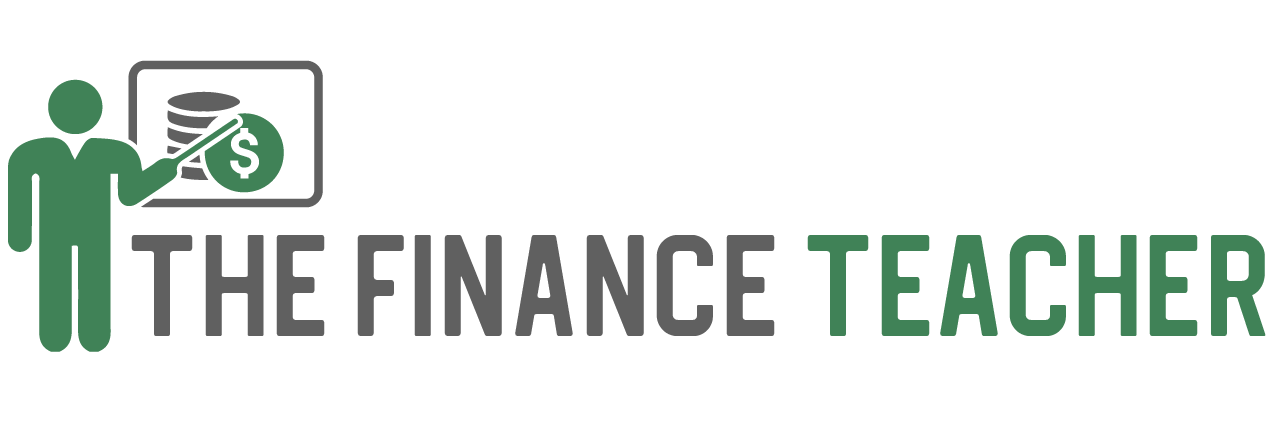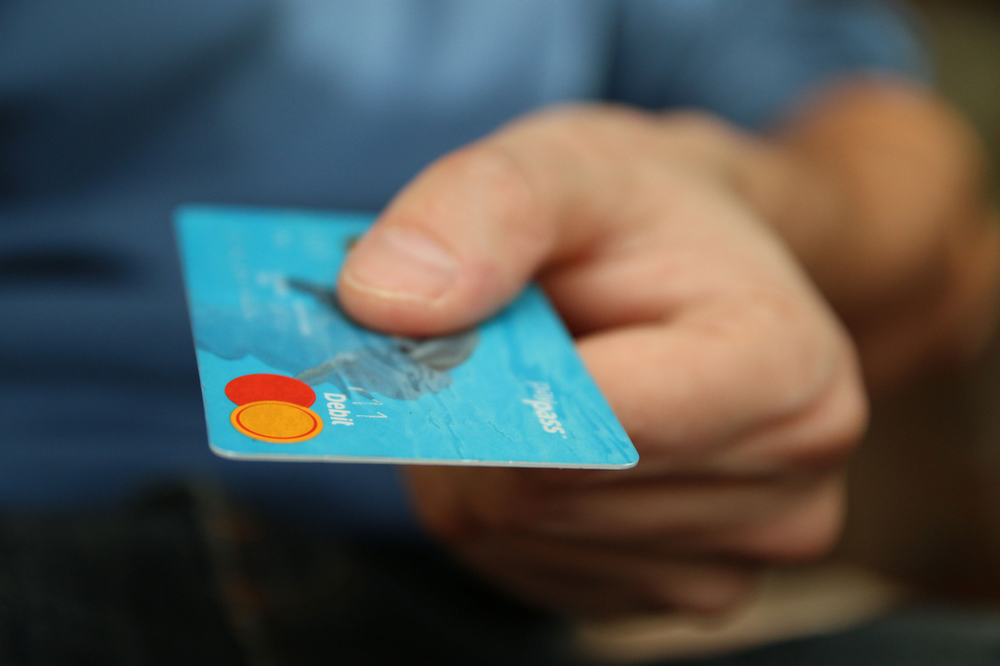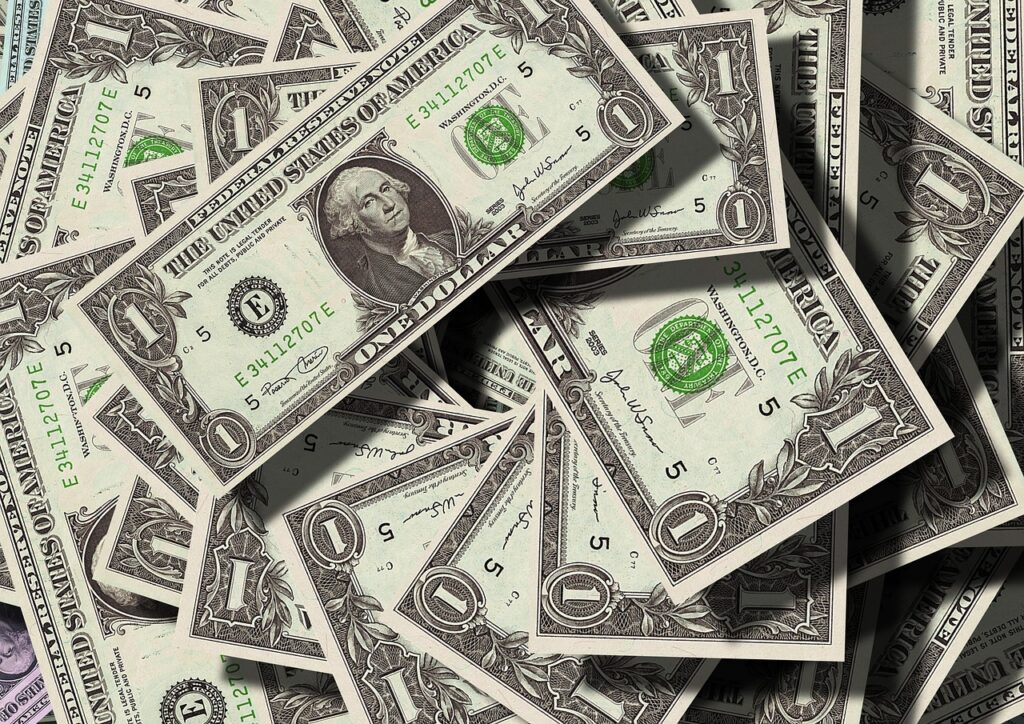Table of Contents
ToggleWhy Own A Credit Card?
Of all of the money-related conversations that I have had with my students, the most misunderstood is probably related to credit cards. Unsurprisingly many students see having and using a credit card as almost a right of passage. They are simply things that adults use – so they must be good.
However, despite the acceptance that using credit cards to purchase goods and services is quite a normal everyday thing, most students really don’t understand exactly how they work.
So here is the basic guide to help all of you teenagers out there to understand how they work and to help you decide if they are in fact good or bad.
The Basics Of Credit And Credit Cards
Using credit involves buying things without actually having to provide money to do so. This means that you are borrowing money, usually from a bank. Home loans and car loans are common uses of credit as these items would require a huge amount of time to save enough money in order to make the purchase.
Few people can afford to pay cash for a house. Hence, we trade future money for present consumption. We get the house now and spend the next 20-30 years paying for it. That is assuming the bank trusts you enough to pay it back. Car loans are also generally long-term loans perhaps between 5 and 10 years.
Credit cards act in the exact same way as other loans, except that the loan amount is approved before deciding what you want to spend the money on. A credit limit is approved and a credit card is provided. Each time you use a credit card you are borrowing more money from the bank.
This is in contrast to debit cards which can be used in the same places as credit cards and in the same way, except that in this case the money that you are spending is yours and it is ‘debited’ from your own bank account.
The Cost Of Borrowing Money
The cost of borrowing money is interest. Banks don’t just give money away. When we borrow money from a bank we pay interest. This interest is expressed as a percentage per year. So a $100 000 loan borrowed at 5% interest requires payment of the original amount of $100 000 (known as the principal) as well as $5000 each year for the term of the loan. In the case of this loan being for 20 years, the monthly payment would be $660 and the amount of interest paid would add up to approximately $58000.
Using A Credit Card
Credit cards act a little differently from house and car loans. A card is issued by the bank in an account holder’s name and a credit limit is determined. Let’s say that this amount is $5000. The card can be used for any purchase that the cardholder wishes. This could be for online purchases, store purchases or even ATM cash advances.
Unlike a home loan, the monthly amount due to be paid back to the bank changes each month depending on how much the card was used and how much the outstanding balance is. The bank statement would list the minimum payment due as well as the outstanding balance. The cardholder may choose to pay the minimum due or any amount up to the outstanding balance if they wish.
Minimum Payment Vs Payment Of The Whole Outstanding Balance
One attractive option that some credit cards offer is the ability to pay the total balance due for the month without being charged interest. This can be a great incentive to pay back your monthly loan quickly. Another great benefit of credit cards is that many offer rewards points and special benefits that allow the user to save money on expenditures from certain companies. Discounted and even free airline flights are possible if the cardholder spends enough.
Unfortunately, not all credit card users have the ability or the discipline to pay the monthly outstanding balance each month. This means that they must of course pay interest each month that the balance is outstanding.
How Much Interest Did You Say?
And here is the big negative that I have neglected to mention until now. Credit card interest rates far exceed any other type of bank credit. Currently, credit cards in the United States charge around 20% per annum.
This high rate means that if a person only pays the minimum amount due each month, they may not be paying down any of the total balance. They will pay the monthly bill and notice the next month that the total amount outstanding remains almost unchanged.
The Vicious Cycle Of Credit Card Debt
This is when many people find themselves in a vicious cycle of paying debts without the debt being reduced. Once the credit limit is reached and previous purchases are forgotten, irresponsible lenders will even apply for an extension of the credit limit or a new card which they will use to continue buying things while also paying the monthly bills from the original card.
It is common for individuals to have several cards that are all close to their spending limit.
So Are They Worth Having?
Responsible users can make credit cards work extremely efficiently. They are useful for booking and paying for hotels and other holiday expenses and can gain user discounts as well as provide great convenience. Like debit cards they allow you to carry less cash. They can also be used in times of emergency when cash is not available.
But it needs to be remembered that they allow you to buy things when you don’t actually have the money. This means that spending on items that you may not really need becomes just a little bit too easy. Debt can grow quickly and as we have already discussed, debt can be costly in terms of interest payments.
As someone who has used credit cards well and also at times not so well, I have made a concerted effort to reduce credit usage and credit card debt. I have found that I have made purchases and taken holidays that I couldn’t really afford just because I knew that I had a credit card in case I ran out of cash.
I have a very negative view of banks that issue credit cards too easily and to those on low incomes. Credit limits are also often increased even without the cardholder seeking it. In a large number of cases, I believe banks are the only winners when it comes to credit cards. And I have seen first-hand the damage that credit card debt can cause.
For responsible credit card users, they offer many benefits. But even these people should calculate exactly how much they are paying and consider if they might be better off showing some spending restraint.
The Final Word
My final comment would be that if you are a conscientious spender and saver and if you save an emergency fund, then you just don’t need a credit card at all.
But at least now, you know how they work. Like everything in life, with just a little knowledge, you are now better informed in making the decision yourself.
Related articles:
Why You Shouldn’t Buy A Car With A Credit Car




Wonderful insights! The way you break down the complexities is commendable. For additional information on this topic, I recommend visiting: EXPLORE FURTHER. Keen to hear more opinions from the community!